About Tokyo Tech
About Tokyo Tech
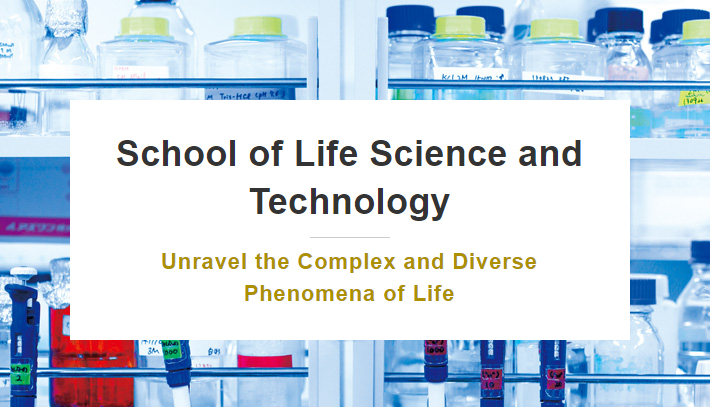
Training students of life science and technology to succeed on a global level. In the School of Life Science and Technology, students learn a wide range of specialized knowledge related to life science and technology and engage in world-class research and development. We aim to cultivate individuals with expertise in life science and engineering who can create new science and technology. In the Undergraduate Program, students learn the basics of science and technology in specialized courses covering life science-related biology, chemistry, and physics. In their fourth year, students make a start toward cutting-edge research as they engage in the Undergraduate Independent Research Project. The graduate school offers Graduate Majors in Life Science and Technology as well as Human Centered Science and Biomedical Engineering. In Life Science and Technology, students mainly take advanced courses in life science and conduct research. In Human Centered Science and Biomedical Engineering, students learn and conduct research by blending life science with the fields of chemistry, materials, machines, electrical and electronic engineering, information, etc. Students are encouraged to acquire internationally valued skills through study abroad at universities with cutting-edge knowledge and technologies in North America, Europe, and Asia or through internships at overseas companies.
![]()
![]()
Learn more about Honorary Professor Yoshinori Ohsumi and his prize-winning research into the mechanisms of autophagy
Special webpage for 2016 Nobel laureate in Physiology or Medicine
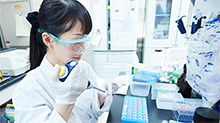
Japan's largest education and research organization for Life Science and Technology.
With a history at the frontier of Life Science and Technology spanning 20 years, we provide the largest life sciences Undergraduate Program and Graduate Program in Japan where students can broadly study life science and technology not only from a science and engineering viewpoint, but also from pharmacology, medical, and agricultural perspectives.
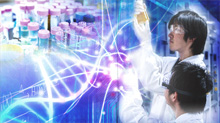
Students can conduct research in areas from chemistry and physics to materials and information.
At the School of Life Science and Technology, approximately 70 professors and associate professors perform cutting-edge research in a broad range of fields. The research fields relate not only to biology, but also extend to other scientific fields such as chemistry, physics, materials, information, etc.
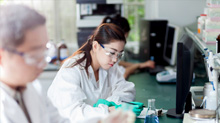
Broad and diverse studies lead to employment opportunities.
Studies at the School of Life Science and Technology are connected not only with the scientific fields of biology, chemistry, physics, etc., but also with engineering fields such as applied chemistry, materials, machinery, information, etc., so graduates can set their sights on companies and research institutes in a variety of fields.
School of Life Science and Technology |
1st year of bachelor's program |
Undergraduate Major (undergraduate study year 2–4) |
Graduate Major |
|---|---|---|---|
School of Life Science and Technology |
* Interdisciplinary graduate majors connected to multiple departments
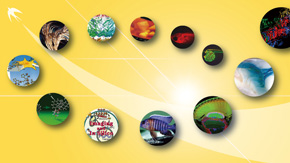
The School of Life Science and Technology has the largest life sciences Undergraduate Degree and Graduate Program in Japan where students can broadly study life science and technology not only from a science and engineering viewpoint, but also from pharmacology, medical, and agricultural perspectives.
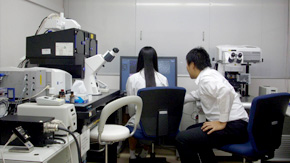
At the School of Life Science and Technology, approximately 70 professors and associate professors perform cutting-edge research in a broad range of fields. The research fields relate not only to biology, but also extend to other scientific fields including chemistry, physics, materials, and information.
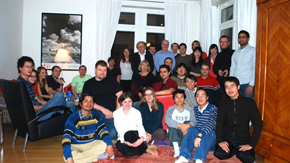
Studies at the School of Life Science and Technology are connected not only with the scientific fields of biology, chemistry, physics, etc., but also with engineering fields such as applied chemistry, materials, machinery, information, etc. By studying at the School of Life Science and Technology, students can find employment in a variety of fields.
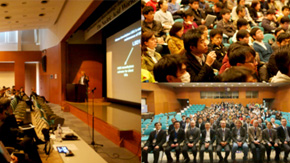
Many outstanding researchers visit from abroad, and participate in joint research and seminars. Each research laboratory is also home to many exchange students. The campus is an environment where students develop an international outlook and research skills.
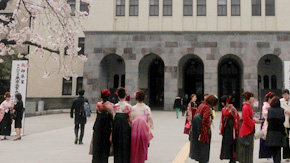
Studies at the School of Life Science and Technology are connected not only with the scientific fields of biology, chemistry, physics, etc., but also with engineering fields such as applied chemistry, materials, machinery, information, etc. By studying at the School of Life Science and Technology, students can find employment in a variety of fields.
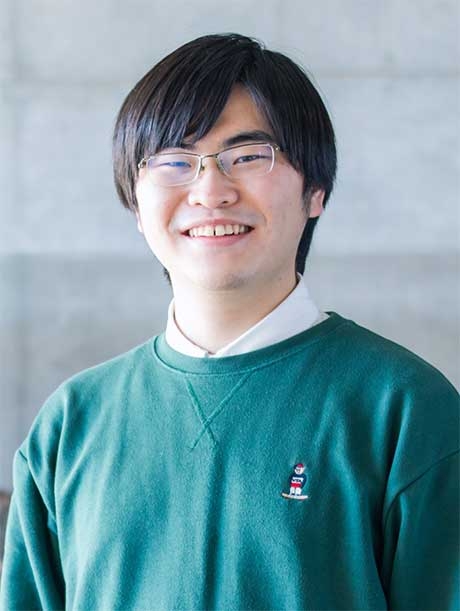
With the motto of "be a person willing to help others and being helped by others"
Yusuke Kato
2nd-year master's student, AY 2022
Department of Life Science and Technology
I am engaged in studies in regenerative medicine utilizing human iPS cells, with the goal of establishing a curative treatment for type 1 diabetes, of which there are some 100,000 patients in Japan. I deal with cells, but also use a combination of tools from biology to data science, such as for cell transplantation experiments in animals or analysis making the most of machine learning and mass spectrometry. I feel that one of the attractions in learning at the Department of Life Science and Technology is being able to gain a broad range of experience rather than focusing on a single area.
Students - 1,237
Faculty - 107
* Number of students and faculty members are as of May 1, 2022.
Click below for the list of School of Life Science and Technology Faculty.
<Undergraduate Degree Program>
First-Class Teaching Certificate for Lower Secondary School(Science)
First-Class Teaching Certificate for Upper Secondary School(Science)
<Master's Degree Program>
Advanced Class Teaching Certificate for Lower Secondary School(Science)
Advanced Class Teaching Certificate for Upper Secondary School(Science)
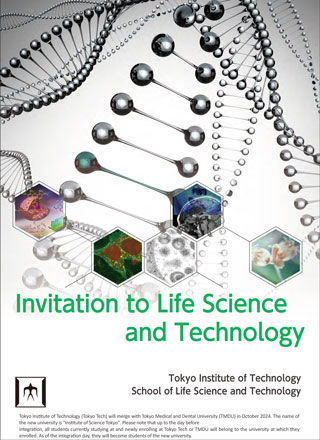
Invitation to Life Science and Technology
Table of Contents